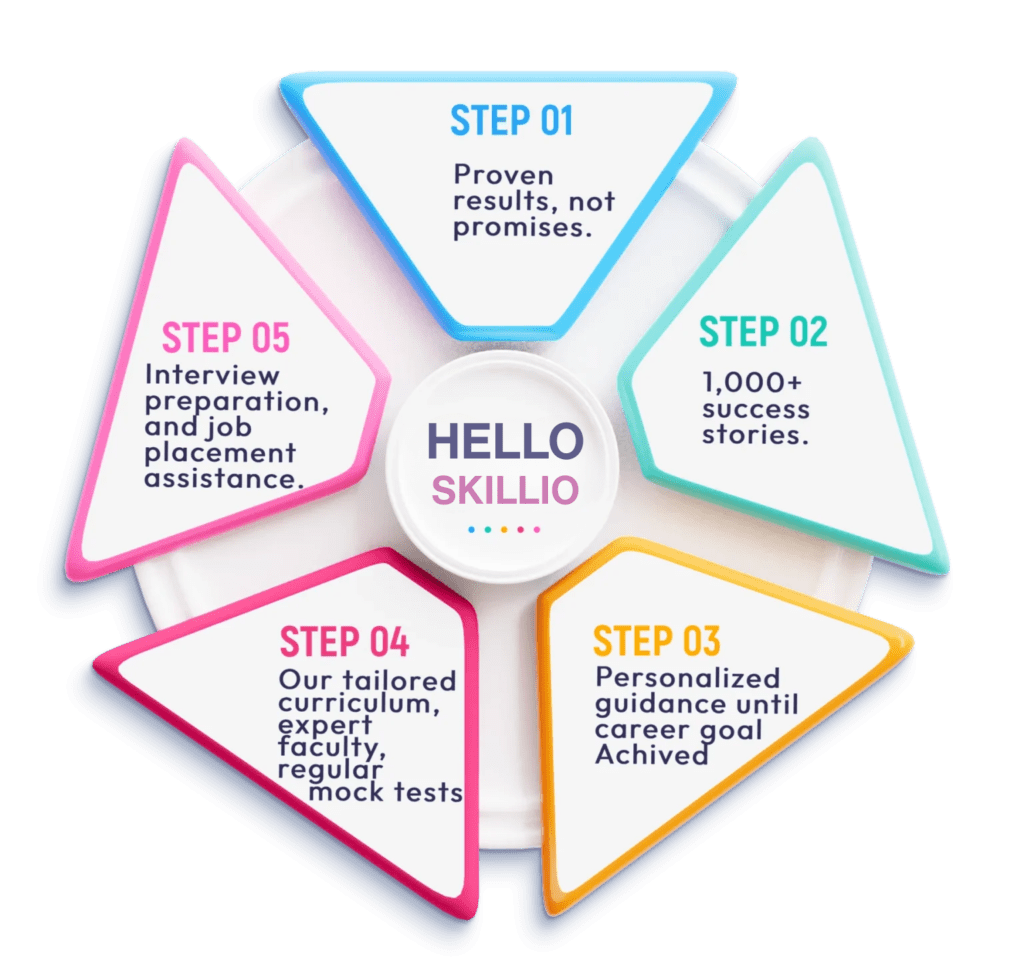Why Data Analytics Matters Today
In today’s data-driven economy, organizations across industries are relying on analytics to guide decisions, improve efficiency, and gain a competitive edge. According to recent studies, more than three-quarters of businesses worldwide leverage data analytics to shape their strategies.
For newcomers, this creates an exciting opportunity. You do not need to be a programmer or a mathematics expert to begin. With structured learning and the right tools, even absolute beginners can develop the skills necessary to build a rewarding career in analytics.
This guide outlines what you should know before you start, including essential skills, tools, and learning pathways. If you are considering a data analytics course in Pune, this roadmap will help you evaluate your readiness and understand the opportunities ahead.
What is Data Analytics?
Data analytics refers to the systematic process of collecting, cleaning, and interpreting data to extract meaningful insights. These insights support informed decision-making, problem-solving, and strategic planning.
Core Types of Data Analytics
- Descriptive Analytics – Examines historical data to understand what has happened.
- Diagnostic Analytics – Explores causes and patterns to explain why events occurred.
- Predictive Analytics – Uses models and trends to forecast future outcomes.
- Prescriptive Analytics – Recommends actions based on predictive insights.
These approaches are now integral to industries such as finance, healthcare, retail, and information technology.
Why Pursue a Career in Data Analytics in 2025?
- Growing Demand: Data analytics roles consistently rank among the most sought-after jobs globally.
- Attractive Compensation: Entry-level salaries in India range between ₹4–6 LPA, with rapid progression potential.
- Industry Versatility: Skills are transferable across multiple sectors and geographies.
- Beginner Accessibility: Foundational tools and structured learning paths make it possible to transition from a non-technical background.
Essential Skills for Beginners
To begin a career in data analytics, focus on building a mix of technical and analytical skills:
- Analytical Thinking – Ability to interpret patterns and make logical inferences.
- Statistics Fundamentals – Understanding averages, probability, and data distributions.
- Proficiency in Spreadsheets – Excel or Google Sheets for data handling and visualization.
- SQL Basics – Extracting and querying data from databases.
- Data Visualization – Presenting insights clearly using charts and dashboards.
- Programming Foundations (Optional initially) – Python or R for advanced analytics.
Tools Recommended for Beginners
- Excel / Google Sheets: Ideal starting point for basic analysis and reporting.
- SQL: Essential for database management and querying.
- Power BI / Tableau: Widely used for creating interactive dashboards and business reports.
- Python: A versatile programming language for advanced analytics and machine learning.
A gradual approach—beginning with spreadsheets and SQL before progressing to visualization and programming—ensures steady progress.
A Step-by-Step Roadmap to Start Your Journey
- Understand Key Concepts
Build a strong foundation in analytics basics through articles, tutorials, and introductory courses. - Work with Real Data Sets
Practice on open data sources such as Kaggle, Google Trends, or government portals. - Learn Industry-Standard Tools
Begin with Excel and SQL, then advance to visualization tools like Tableau or Power BI. - Develop Practical Projects
Create simple projects such as sales dashboards or customer behavior analysis. - Enroll in a Structured Program
A data analytics course in Pune or an online program provides mentorship, structured learning, and placement support. - Build a Portfolio
Showcase your projects on GitHub or LinkedIn to demonstrate your capabilities to employers.
Common Challenges for Beginners
- Non-Technical Background: Start with user-friendly tools (Excel, Power BI) before moving to coding.
- Choosing the Right Tools: Focus first on Excel and SQL; add more tools gradually.
- Access to Data: Utilize open datasets available on platforms like Kaggle.
- Job Competition: Differentiate yourself through a strong portfolio and hands-on experience.
Frequently Asked Questions
Q1. Do I need programming knowledge to start in data analytics?
Not necessarily. Tools like Excel, Power BI, and Tableau allow beginners to get started without coding. Programming skills such as Python or R can be added later for advanced roles.
Q2. How long does it take to become job-ready?
With consistent learning and practice, most beginners can prepare for entry-level roles within six to nine months.
Q3. What career paths are available after learning data analytics?
Potential roles include Data Analyst, Business Analyst, Marketing Analyst, and Financial Analyst, with opportunities to grow into advanced positions such as Data Scientist.
Conclusion: Take the First Step
Data analytics is reshaping the global workforce, and 2025 presents an excellent time for beginners to enter this dynamic field. With demand rising and accessible learning pathways available, anyone can build the skills required to succeed visit Skillio.
If you are ready to take the next step, enrolling in a structured data analytics course in Pune can provide the guidance, resources, and industry exposure you need to accelerate your journey.
Read Here: Top Emerging Technologies Shaping the Future of Data Analytics







